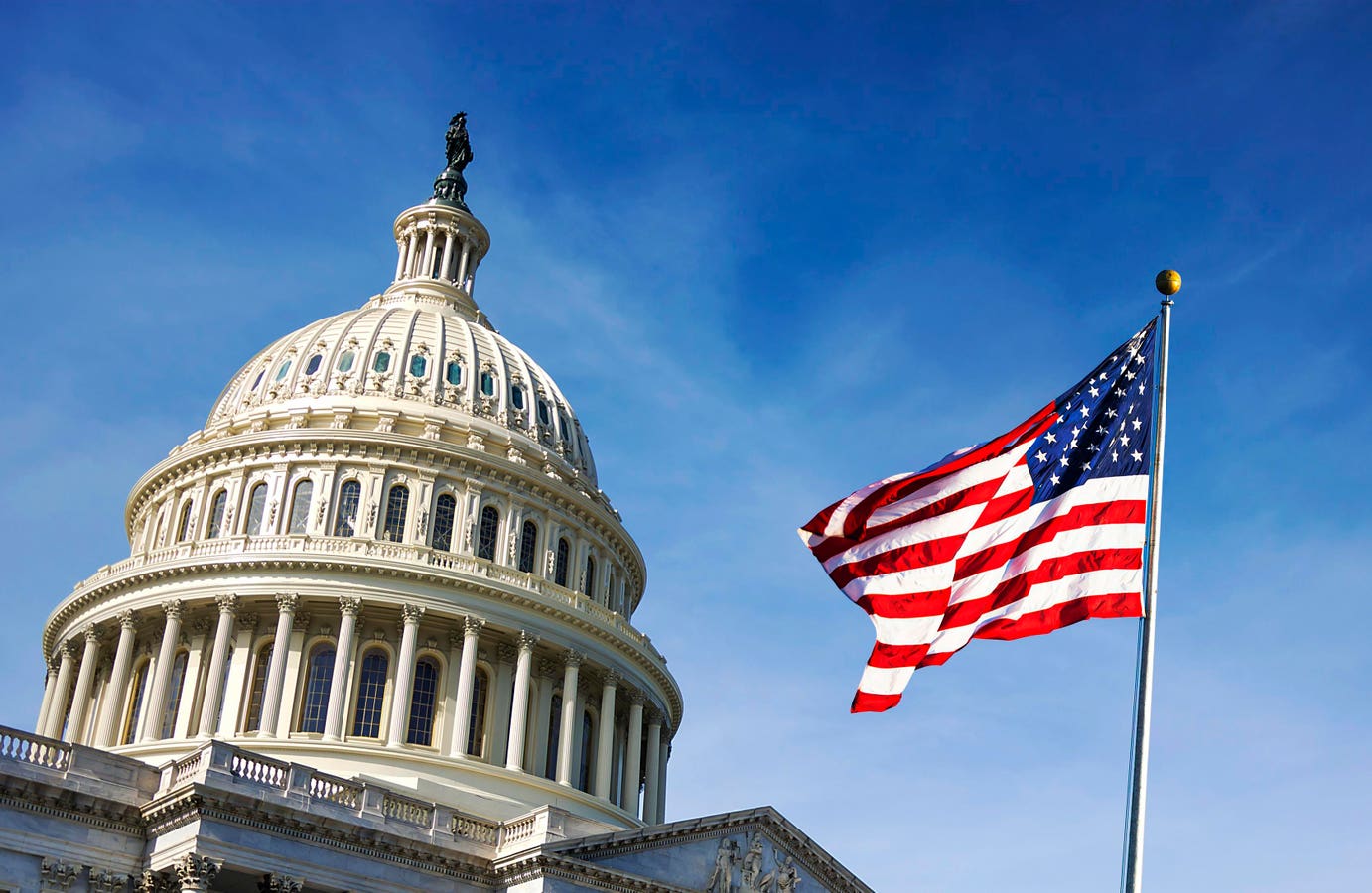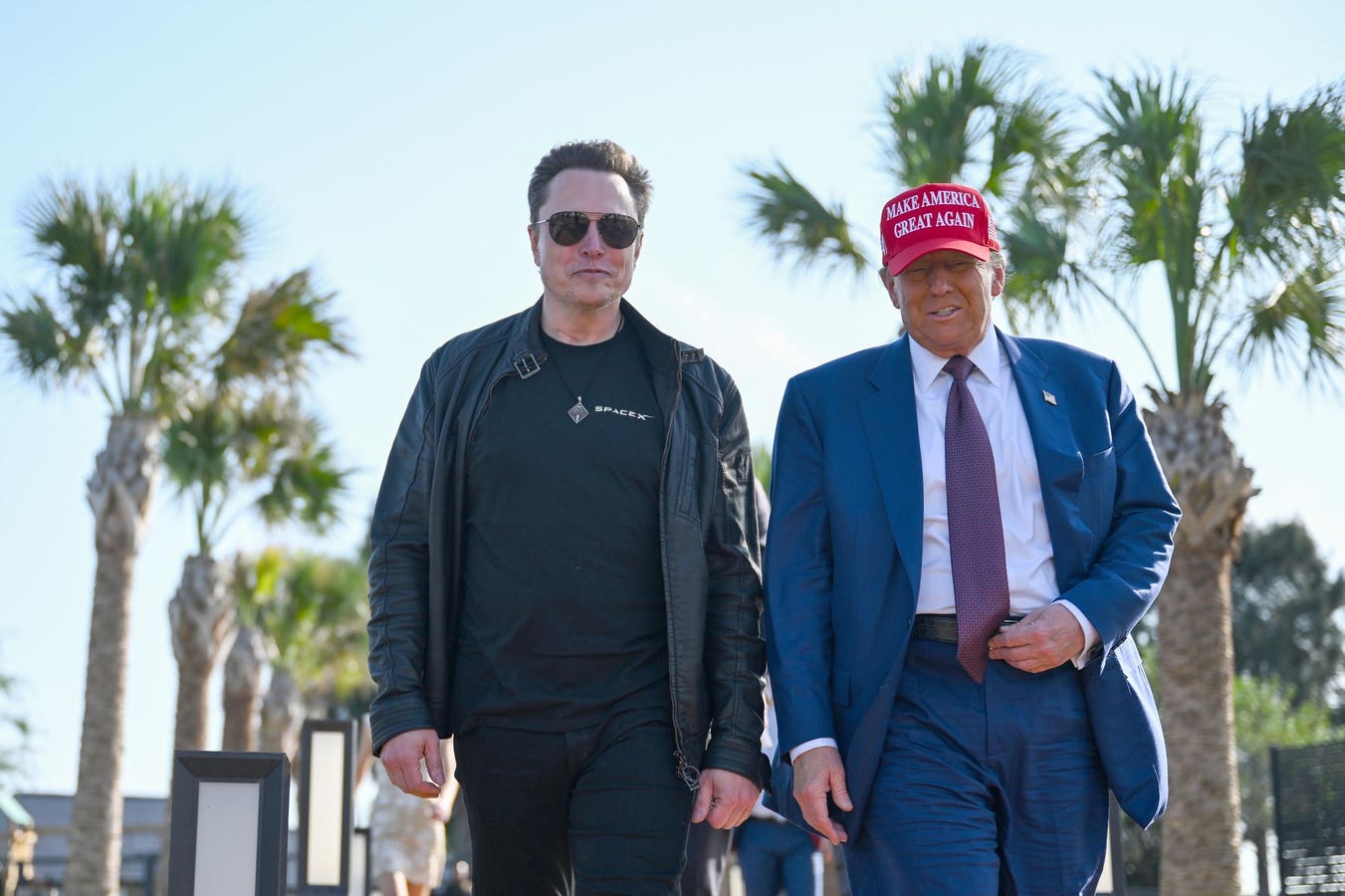President Trump’s “One Big Beautiful Budget Act” includes provisions that would directly affect … More
The U.S. House of Representatives has passed what’s officially called the “One Big Beautiful Bill Act,” and while it’s likely to be sliced and diced to some extent by the Senate and sent back to the House, as written it includes several provisions that would directly impact those owning or looking to buy a car, truck or SUV.
Here’s a quick look at the key measures:
1. Auto Financing Interest Becomes Deductible
As written, the bill would allow qualifying car buyers to claim a tax deduction of up to $10,000 for interest paid on a new-vehicle loan. The deduction would extend from 2025 to 2028 and be subject to certain restrictions. For starters, it would only apply to vehicles that are assembled in the U.S., and not include leases and interest paid on commercial vehicles. Eligibility to take the deduction would phase out for individuals earning more than $100,000, or $200,000 for couples filing jointly. On the plus side, a taxpayer wouldn’t have to itemize to be able to claim the deduction.
According to Kelley Blue Book, the average price of a new vehicle stands at around $48,000, with car loan rates at an average of 8.64%. Cox Automotive predicts that if a given owner pays $2,000 per year in car loan interest, he or she would save around $400 in taxes, or $2,000 over the course of a five year loan. At the least the new deduction would help to offset the inevitable price hikes likely to be caused by Trump’s assorted import tariffs (see below).
2. Say Goodbye To Electric Car Credits
It’s well known that President Trump is no fan of electric vehicles, despite his extended bromance with Tesla CEO Elon Musk, and the budget bill reflects that attitude. As expected it eliminates the one-time tax deduction/rebate of up to $7,500 that was enacted on President Obama’s watch and later modified by President Biden.
As it now stands, the credit can only be claimed by income-qualifying buyers on a relative handful of EVs that meet certain requirements for domestic production and are priced under $50,000 for passenger cars and $80,000 for trucks, vans and SUVs. (Some automakers have managed to exploit a loophole in the legislation that passes all or part of the incentive to those who lease an EV that otherwise doesn’t qualify for the credit.) The provision would also eliminate the tax credit of up to $4,000 or 30 percent of a used EV’s sale price as well.
While the credits wouldn’t be completely eliminated until December 31, 2026, they would expire at the end of 2025 for automakers who have sold more than 200,000 qualifying EVs. That includes virtually all the major players in the electric vehicle market, but favors newcomers like Lucid and Rivian. The bottom line here is those considering a battery-electric car, truck or SUV should act sooner rather than later to be able to claim this lucrative incentive.
3. New Fees For Electrified Rides
The bill as written would also impose a new federally imposed annual registration fee of $250 for EV owners and $100 for those driving gas/electric hybrids. Assumedly this is to help make up for gas tax money not collected from those driving full electric or lessened among owners of higher-mileage gas/electric models. The bill places the responsibility for assessing the fee on individual states and would penalize those that do not comply. As it stands, some states like California and Washington already charge EV owners an additional annual registration fee, with the federal charge likely to be added on top of the above amounts.
4. Temporary Consumer Protection Rollback
The One Big Beautiful Bill Act would essentially prohibit the Federal Trade Commission from enforcing what’s called the Combating Auto Retail Scams Rule. Known as the CARS Rule, it requires car dealers to provide full pricing disclosure and obtain a buyer’s explicit consent to purchase add-ons like service contracts, rustproofing and the like. However, the restriction would reportedly only be in effect until September 30, so it’s not exactly a complete cancellation.
Did We Mention Tariffs?
And while not a part of the budget bill, new-vehicle buyers are almost certain to pay more in the months to come from federal tariffs on vehicles and components imported from other countries. This includes the large percentage of domestic-branded cars and trucks assembled in Canada and Mexico, and the multitude of parts sourced from China, not to mention a whopping 50% just announced on imported steel. However, since Trump’s tariffs are currently undergoing legal challenges and seem to be subject to whichever way the political wind blows, it’s not exactly clear how much sticker prices will be affected when and if the dust settles. Sources predict hikes as high as $5,000 to $10,000 on imported vehicles and $2,000-$3,000 on those produced domestically.
Of course, everything in the One Big Beautiful Bill Act remains subject to revision until Trump signs a final version into law, so stay tuned.








